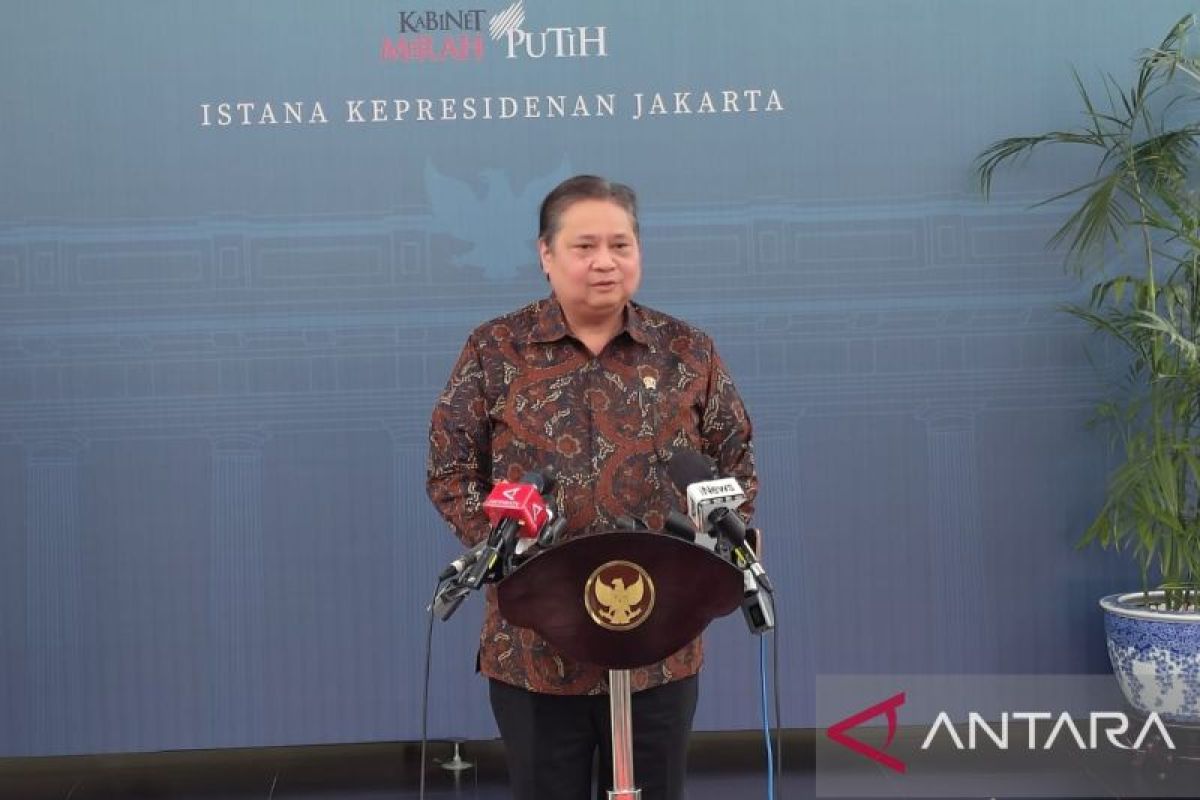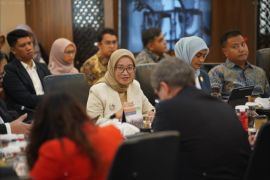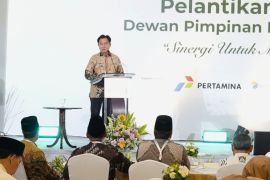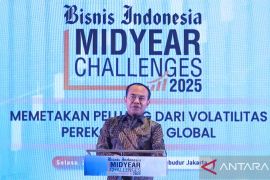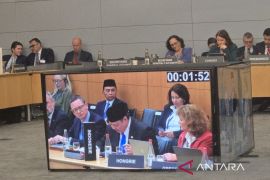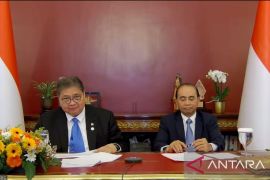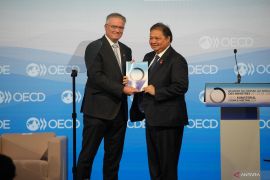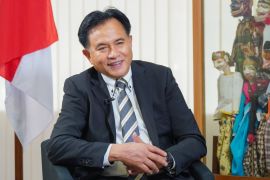Jakarta (ANTARA) - The Organisation for Economic Co-operation and Development (OECD) is a strategic partner supporting efforts to achieve Indonesia's 5.2 percent economic growth target for 2025, according to Coordinating Minister for Economic Affairs Airlangga Hartarto.
He made the statement after accompanying President Prabowo Subianto to a meeting with OECD Secretary General Mathias Cormann, who visited the Presidential Palace in Jakarta on Thursday.
"In principle, the meeting was to deliver a report on Indonesia's progress," Hartarto said.
During the meeting, he said, Prabowo and Cormann discussed the progress of Indonesia's economic achievements, which are considered to be on the right track to achieve the Golden Indonesia in 2045 vision.
The two also discussed Indonesia's accession process to join the OECD as its 39th member. Hartarto said the meeting highlighted several national priorities, such as increasing productivity and digitalization, as well as the President's flagship programs, including food security, energy security, and nutritious food assistance.
Baca juga: the middle-income trap
He mentioned the OECD was pleased to provide data-based guidance and benchmarking from its member countries to support the programs. The discussion also took into account Prabowo's strategic direction to ensure that reform steps remain in line with national targets, he added.
According to the OECD website, the Indonesian economy experienced positive growth with the country's gross domestic product (GDP) of 5.1 percent in 2024 and projected to expand to 5.2 percent in 2025.
The OECD report emphasized structural reforms to boost productivity, leverage digitalization, and enhance the agricultural sector's efficiency to strengthen food security. Business environment reforms, including reducing investment barriers and improving state-owned enterprise management, are crucial for enhancing economic competitiveness.
Baca juga: and opportunities for businesses
The OECD took note of Indonesia's economic recovery, with inflation falling from 6 percent in 2022 to 1.7 percent and unemployment improving from 7.1 percent to 4.9 percent in 2024.
However, challenges such as the gender gap in the workforce, broadening the tax base to support the green transition, and accelerating decarbonization remain to be addressed.
In the digital sector, infrastructure upgrades like 5G and broadband are essential to boost productivity, especially in rural areas and small businesses.
Pewarta : Andi Firdaus, Afra Augesti, Yashinta Difa
Editor:
I Komang Suparta
COPYRIGHT © ANTARA 2026
